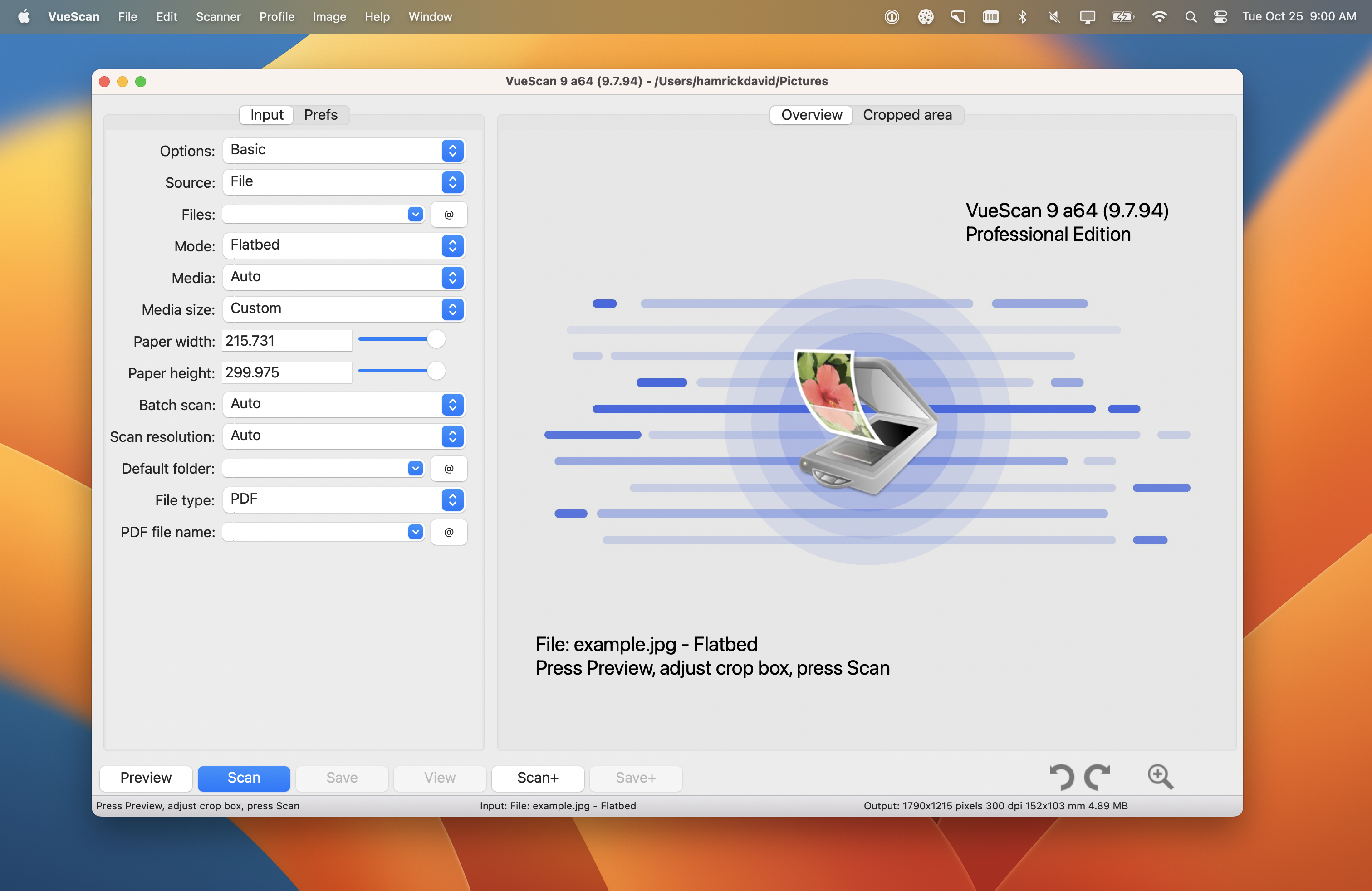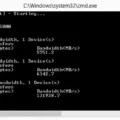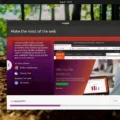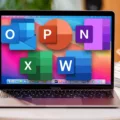Ableton is a popular digital audio workstation (DAW) that is widely used by musicians and producers for creating and performing music. While it is primarily designed for Windows and macOS, there are ways to run Ableton on Linux as well. In this article, we will explore the different methods of running Ableton on Linux, specifically focusing on Ubuntu 20.04.
Method 1: Using Aptitude
One way to install Ableton on Linux is through the aptitude package manager. Aptitude is a command-line tool that helps manage software packages on Debian-based systems like Ubuntu. To install Ableton using aptitude, follow these steps:
1. Open the terminal on your Ubuntu system.
2. Update the package list by running the command:
“`
Sudo aptitude update
“`
3. Install Ableton using the following command:
“`
Sudo aptitude install ableton
“`
4. Once the installation is complete, you can launch Ableton by searching for it in the applications menu or by running the command `ableton` in the terminal.
Method 2: Using Apt
Another method to install Ableton on Ubuntu is by using the apt package manager. Apt is a command-line tool similar to aptitude but with a slightly different syntax. To install Ableton using apt, follow these steps:
1. Open the terminal on your Ubuntu system.
2. Update the package list by running the command:
“`
Sudo apt update
“`
3. Install Ableton using the following command:
“`
Sudo apt install ableton
“`
4. Once the installation is complete, you can launch Ableton by searching for it in the applications menu or by running the command `ableton` in the terminal.
Method 3: Using Apt-Get
Apt-get is another command-line tool that can be used to install Ableton on Ubuntu. It is similar to apt but with a different syntax. To install Ableton using apt-get, follow these steps:
1. Open the terminal on your Ubuntu system.
2. Update the package list by running the command:
“`
Sudo apt-get update
“`
3. Install Ableton using the following command:
“`
Sudo apt-get install ableton
“`
4. Once the installation is complete, you can launch Ableton by searching for it in the applications menu or by running the command `ableton` in the terminal.
What is the Linux Equivalent of Ableton?
The Linux equivalent of Ableton is Bitwig Studio. Bitwig Studio is a professional music production software that runs on Linux operating systems, as well as on OSX and Windows. It offers similar features and functionality to Ableton, making it a popular choice for musicians and producers who prefer using Linux.
Here are some key features of Bitwig Studio:
1. Multi-platform compatibility: Bitwig Studio is designed to work seamlessly on Linux, OSX, and Windows, allowing users to switch between different operating systems without any hassle.
2. Intuitive interface: Just like Ableton, Bitwig Studio offers a user-friendly and intuitive interface. It provides a familiar layout with a timeline and mixer view, making it easy for users to navigate and work on their projects.
3. Flexible workflow: Bitwig Studio offers a flexible workflow that allows users to experiment with different ideas and creative possibilities. It supports various audio and MIDI devices, plug-ins, and virtual instruments, giving users the freedom to explore and create music in their own unique way.
4. Powerful audio editing and mixing tools: Bitwig Studio provides a range of advanced audio editing and mixing tools, including audio quantization, pitch correction, automation, and more. It also supports extensive audio warping capabilities, allowing users to manipulate audio files and create complex arrangements.
5. Extensive device and plug-in support: Bitwig Studio supports a wide range of devices and plug-ins, including VST, VST3, and AU formats. Users can access a vast library of virtual instruments, effects, and sound samples to enhance their music production.
6. Collaborative features: Bitwig Studio offers collaborative features, allowing multiple users to work on the same project simultaneously. This can be particularly useful for musicians and producers who want to collaborate remotely or in real-time.
Bitwig Studio serves as a comprehensive and powerful alternative to Ableton for Linux users. Its compatibility, intuitive interface, flexible workflow, and extensive features make it a popular choice among music enthusiasts and professionals alike.
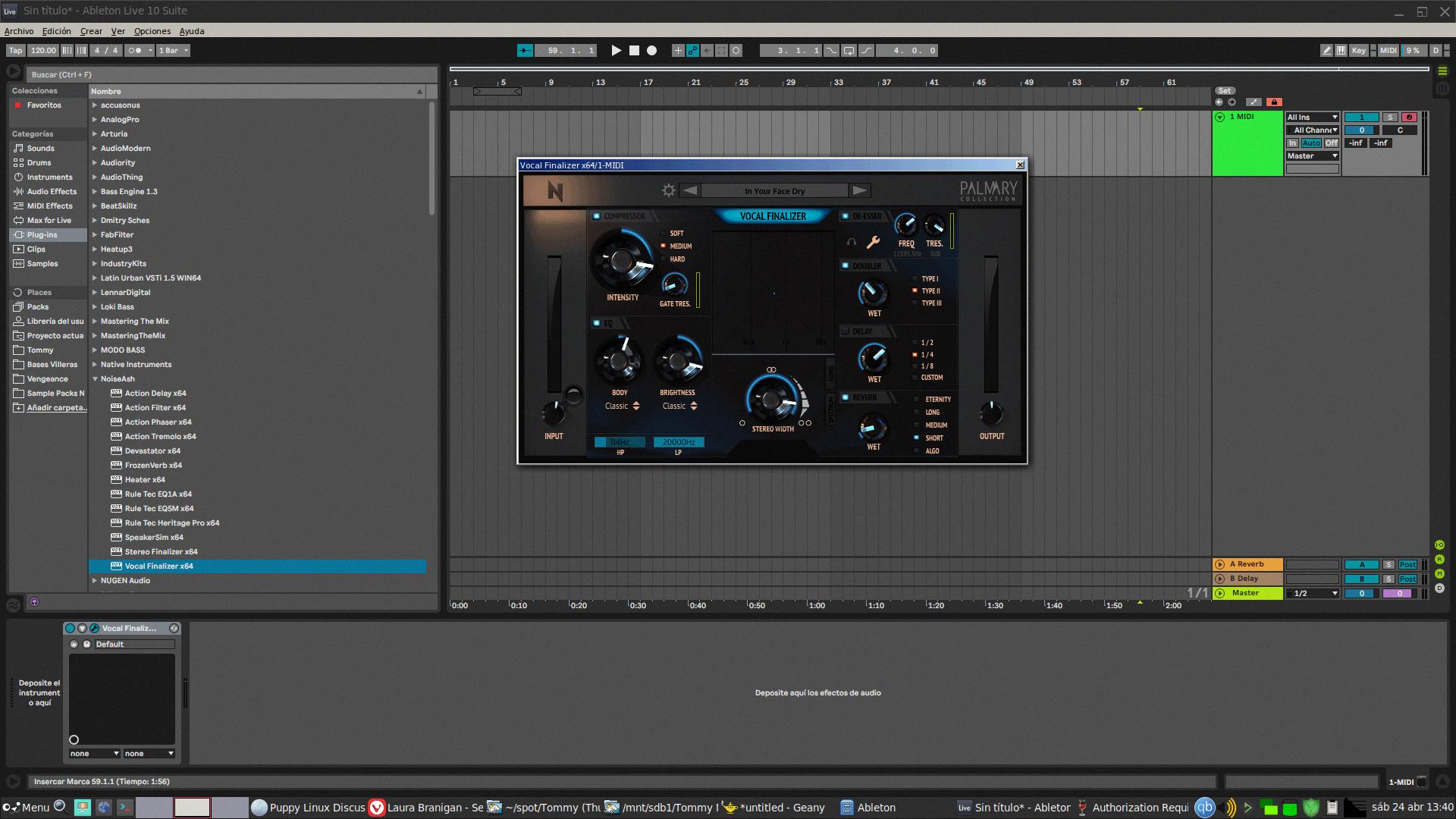
Does Ableton Work on Ubuntu?
Ableton Live is compatible with Ubuntu. Ableton Live is a professional music production software that is widely used by musicians, producers, and DJs. While Ableton Live is primarily developed for Windows and macOS, it can also be installed and used on Ubuntu, which is a popular Linux distribution.
There are a few different methods to install Ableton Live on Ubuntu, including using Wine, PlayOnLinux, or using a virtual machine. Wine is a compatibility layer that allows Windows applications to run on Linux, and PlayOnLinux is a graphical front-end for Wine that simplifies the installation process.
Here are the steps to install Ableton Live on Ubuntu using Wine:
1. Install Wine: Open the terminal and run the following command to install Wine:
“`
Sudo apt install wine
“`
2. Download Ableton Live: Visit the Ableton website and download the Windows version of Ableton Live. Save the installation file to your computer.
3. Install Ableton Live: Open the terminal and navigate to the directory where the Ableton Live installation file is located. Run the following command to start the installation:
“`
Wine ableton_live_installer.exe
“`
Follow the on-screen instructions to complete the installation process.
4. Run Ableton Live: After the installation is complete, you can run Ableton Live by typing the following command in the terminal:
“`
Wine “~/.wine/drive_c/Program Files/Ableton/Live 10 Suite/Program/Live.exe”
“`
Replace “Live 10 Suite” with the appropriate version if you are installing a different version of Ableton Live.
Alternatively, you can use PlayOnLinux to simplify the installation process. Here are the steps to install Ableton Live on Ubuntu using PlayOnLinux:
1. Install PlayOnLinux: Open the terminal and run the following command to install PlayOnLinux:
“`
Sudo apt install playonlinux
“`
2. Open PlayOnLinux: Launch PlayOnLinux from the applications menu.
3. Install Ableton Live: Click on the “Install” button in PlayOnLinux and search for “Ableton Live”. Follow the on-screen instructions to complete the installation process.
4. Run Ableton Live: After the installation is complete, you can run Ableton Live from the PlayOnLinux interface.
Using a virtual machine is another option if you prefer to run Ableton Live in a Windows environment within Ubuntu. You can use virtualization software like VirtualBox or VMware to create a virtual machine running Windows and then install Ableton Live within that virtual machine.
While Ableton Live is not officially supported on Ubuntu, it is possible to install and use it using the methods mentioned above. However, it’s important to note that the performance and stability of Ableton Live on Ubuntu may vary compared to running it on its native Windows or macOS platforms.
Is Bitwig Better Than Ableton?
Bitwig and Ableton are both popular digital audio workstations (DAWs) used by music producers, and the question of which one is better often sparks debates among users. While opinions may vary, I can provide you with a detailed comparison of the two based on various factors.
1. Interface and Workflow:
– Bitwig: Bitwig offers a customizable interface with flexible layout options. Its modular design allows for easy navigation and efficient workflow.
– Ableton: Ableton has a clean and intuitive interface, known for its session view and clip launching capabilities. It offers a straightforward workflow for live performances.
2. Features and Tools:
– Bitwig: Bitwig provides a wide range of features, including a powerful modulation system, advanced editing tools, and a variety of instruments and effects. It also supports MPE (MIDI Polyphonic Expression) for expressive control over MIDI devices.
– Ableton: Ableton is known for its unique session view, excellent time-stretching capabilities, and a vast library of instruments and effects. It also offers Max for Live integration for advanced customization.
3. Performance and Stability:
– Bitwig: Bitwig is highly stable and performs well, even with complex projects. It supports multi-core processing, which allows for efficient utilization of CPU resources.
– Ableton: Ableton is also stable and performs reliably. However, some users have reported occasional CPU spikes and performance issues when working with large projects.
4. MIDI and Audio Editing:
– Bitwig: Bitwig provides a comprehensive set of MIDI editing tools, including a piano roll, drum editor, and advanced note expression. Its audio editing capabilities are also robust, with features like transient detection and audio slicing.
– Ableton: Ableton offers intuitive MIDI editing tools, such as the piano roll and drum rack. Its audio editing features include warping, slicing, and complex automation options.
5. Third-Party Integration:
– Bitwig: Bitwig supports VST plugins and has seamless integration with external hardware devices. It also offers native integration with popular controllers and supports various protocols like MIDI, OSC, and MPE.
– Ableton: Ableton has a vast ecosystem of third-party plugins and devices. It offers extensive integration with hardware controllers and supports protocols like MIDI, OSC, and Link.
Ultimately, the choice between Bitwig and Ableton depends on your personal preferences and workflow requirements. Both DAWs have their strengths and weaknesses. It’s advisable to try out demos of both DAWs and see which one feels more comfortable and suits your specific needs.
Please note that this answer is based on general user feedback and my research. Individual experiences may vary, and it’s always recommended to try out the software yourself to make an informed decision.
What is Ableton Available On?
Ableton Live, a popular digital audio workstation, is available on multiple operating systems. It is primarily designed for Windows and macOS platforms. The software is written in C++ programming language, ensuring high-performance and stability.
Here is a breakdown of the platforms Ableton Live is compatible with:
1. Windows: Ableton Live supports various versions of the Windows operating system, including Windows 7, Windows 8, and Windows 10. Users can seamlessly run Ableton Live on their Windows-based computers.
2. macOS: Ableton Live is also compatible with macOS, providing a dedicated version for Mac users. It supports a range of macOS versions, including macOS 10.11 (El Capitan), macOS 10.12 (Sierra), macOS 10.13 (High Sierra), macOS 10.14 (Mojave), macOS 10.15 (Catalina), and macOS 11 (Big Sur).
It is worth noting that Ableton Live is not available on Linux-based operating systems.
Ableton Live’s availability on both Windows and macOS makes it accessible to a wide range of users, regardless of their preferred operating system.
Conclusion
Ableton is a popular digital audio workstation that offers a wide range of features and capabilities for music production. While it is not officially supported on Linux, there are ways to run Ableton on this operating system.
By using Bitwig Studio, which is similar to Ableton, Linux users can have a similar experience and enjoy a seamless music production workflow. Bitwig Studio is available for Linux, as well as macOS and Windows, making it accessible to a wide range of users.
There are three different methods to install Ableton Link on Ubuntu 20.04, namely using aptitude, apt, and apt-get. Users can choose the method that suits them best and follow the installation instructions provided.
However, it is important to note that Bitwig Studio does not have a groove pool feature, which may be a drawback for some users who prefer to have more control over their quantization and groove patterns.
Despite this limitation, Bitwig Studio offers many other features and capabilities that make it a strong alternative to Ableton. It is a powerful and flexible digital audio workstation that allows users to create, edit, and mix music with ease.
Linux users can have a satisfying music production experience with Bitwig Studio, even though Ableton is not officially supported on this operating system. With its intuitive interface and comprehensive set of tools, Bitwig Studio provides a solid platform for musicians and producers on Linux.

